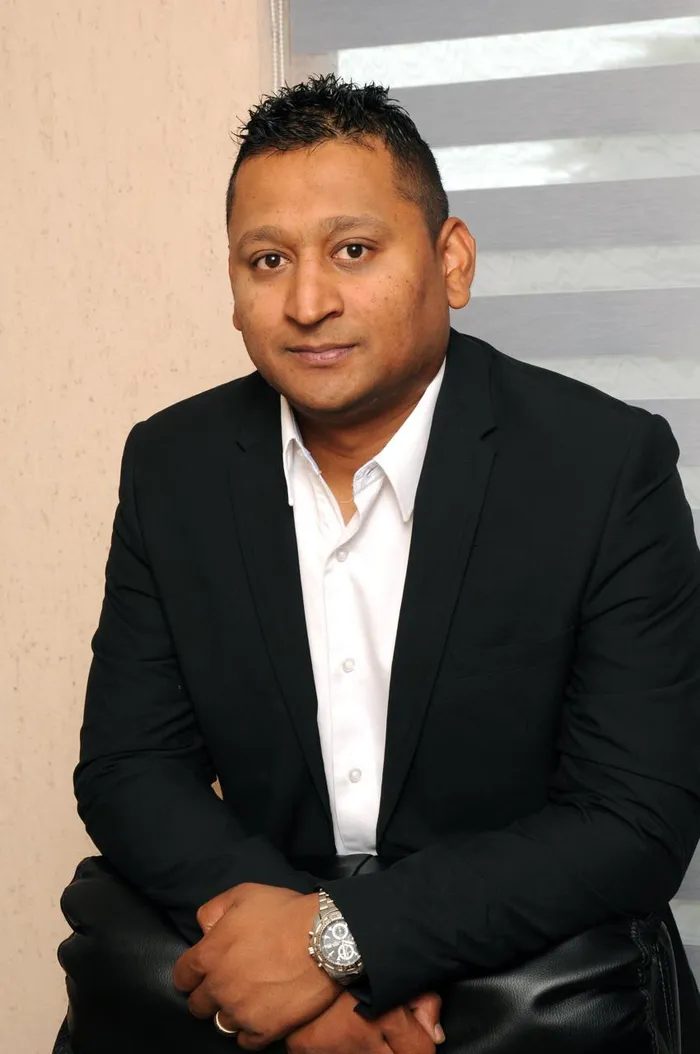
Carbon transition was raised as a major issue at the National Association of Automotive Component and Allied Manufacturers (NAACAM) 2025 show.
Image: supplied
The National Association of Automotive Component and Allied Manufacturers (NAACAM) 2025 show served as a pivotal platform for discussing the pressing need for carbon transition within the South African automotive industry.
With key players from across the sector present, the dialogue was not only timely but also crucial, as it addressed the impending challenges of decarbonisation and the future of manufacturing in a world increasingly focused on sustainability.
Amith Singh, national manager for manufacturing at Nedbank Commercial Banking, said it was comforting to know that the industry has the ability to navigate the carbon transition.
“It’s not a case of we don't have the ability. We’ve got the abilities to do so, which, which we do take a lot of comfort in. I think the challenge is creating a sense of urgency and building and developing a strong enough why,” he said.
Singh further highlighted the impact of the EU Carbon Border Adjustment Mechanism (CBAM), set to take effect in 2026, which will impose tariffs on carbon-intensive products. He emphasised the significance of understanding carbon emissions.
“Scope one is affecting us. Scope two and three are bound to come in the foreseeable future. The big question is how do we work together collectively to solve the challenges that are bound to come? How do we control some of the controllables that are bound to come?” he said.
“I took a lot of comfort in the view that the Industrial Development Corporation (IDC) is also supporting us in this cause.”
As the automotive sector increasingly looks to the future, Singh also warned of the importance of maintaining relevance in the face of climate challenges
“There are specific exemptions. And I think step number one before you start any process is to understand where you fit in within the scope. You could be exempted in totality, and this could have minimal impact from a CBAM perspective,” he said.
“I think we all need to appreciate the fact that sustainability is a license to do business in the future. It is not just a tick box. This is not just a compliance or regulatory thing to meet. It’s a license to trade moving forward.”
For Singh, the key lies in knowing one’s current carbon footprint and identifying potential areas for improvement, such as adopting alternative energy solutions and enhancing waste management practices.
“If you’re unable to measure that, then you don't necessarily know what measures need to be taken. There are very simple things, you know, alternative energy solutions. Simple steps that businesses can take to know their carbon footprint can include how you are managing your waste management and how you reuse and recycle. Other things to consider are how we remanufacture and how businesses contribute more positively to the circular economy.”
This discourse on carbon neutrality underscores a critical turning point for many manufacturers in the industry. Singh pointed out that not all component manufacturers are equally subject to carbon neutrality requirements, noting the existence of specific exemptions.
Echoing Singh’s views, Minister Tau reaffirmed the intent to draw on pioneering examples within the auto sector to shape future policies.
“At the department we have been engaged on a path of developing a new industrial policy which focuses on decarbonisation, digitisation, and diversification. In this respect, we take examples from players in the auto sector,” Tau said.
“In decarbonisation, Borbet SA’s 20-year solar energy commitment and Malben Engineering’s green steel pilot project align with global carbon rules reshaping trade. As NAACAM notes, carbon has become 'part of the cost of doing business—and increasingly, part of the value too.’”
Tau added that the department takes examples from players in the auto sector.
“In the area of digitisation, Eastern Cape pioneers like S4 and Jendamark demonstrate how AI and automation can future-proof operations. Their presence at this show underscores scalable solutions.”
BUSINESS REPORT